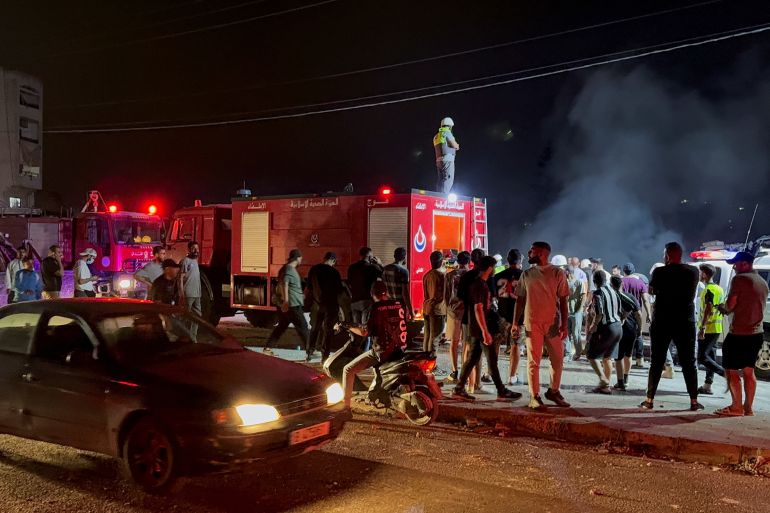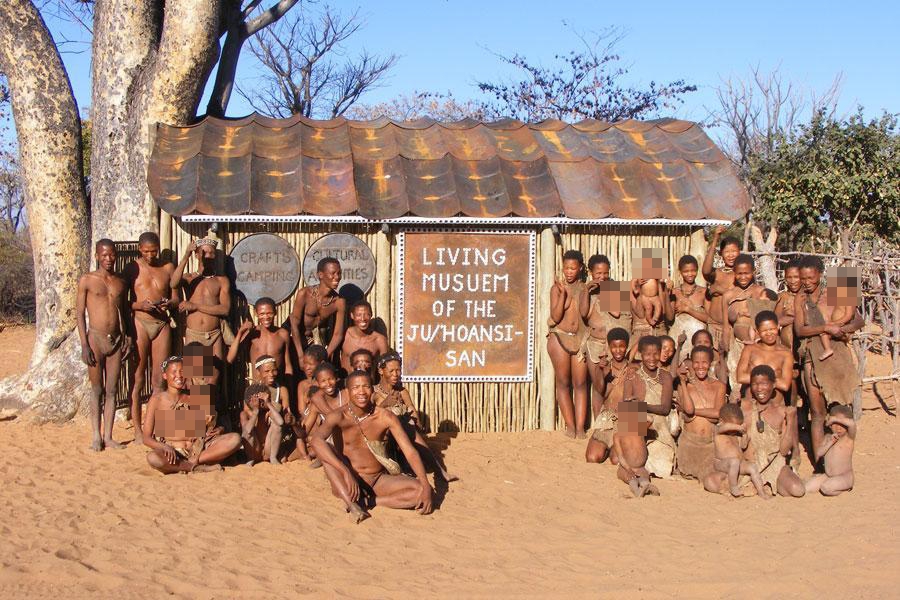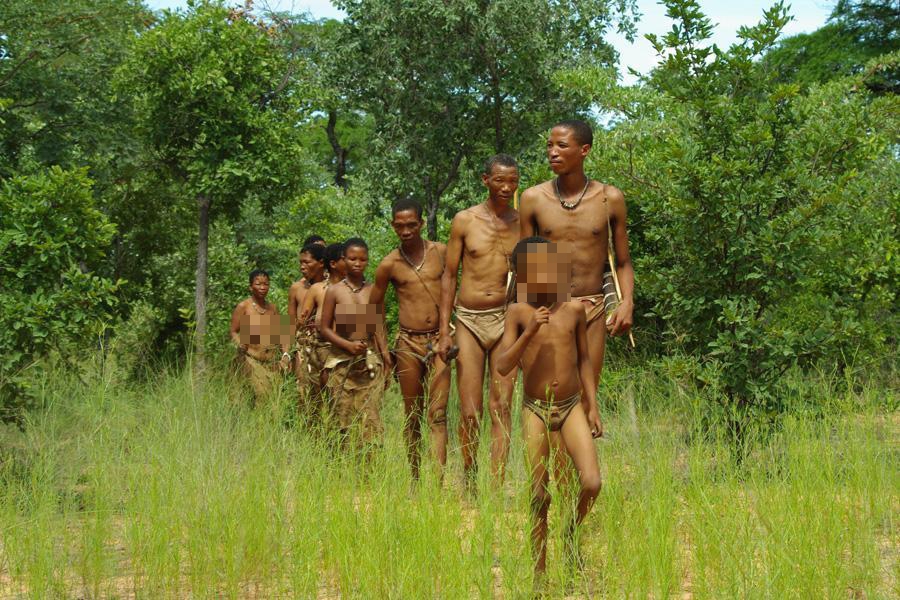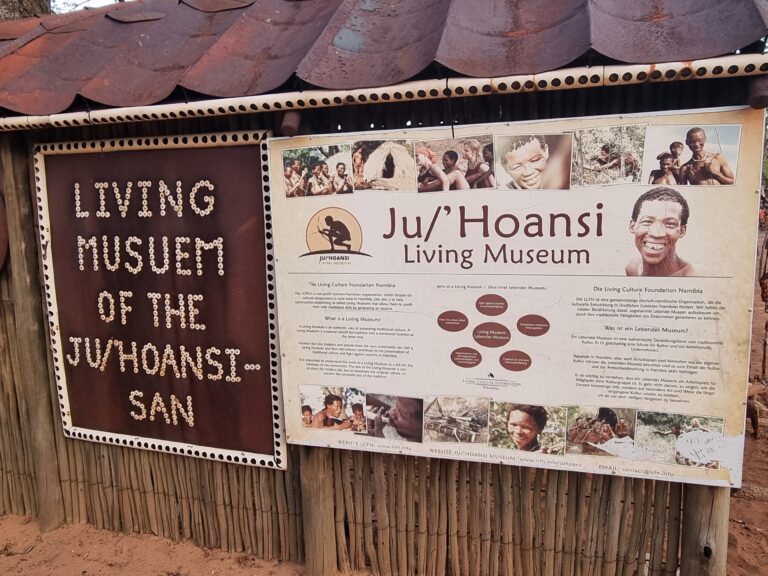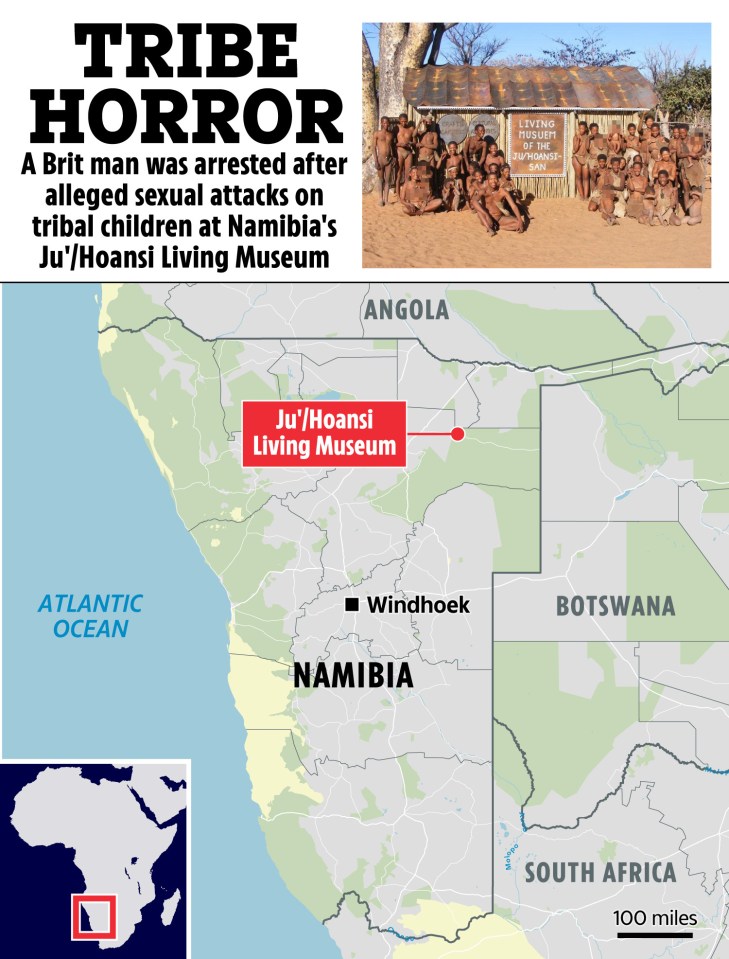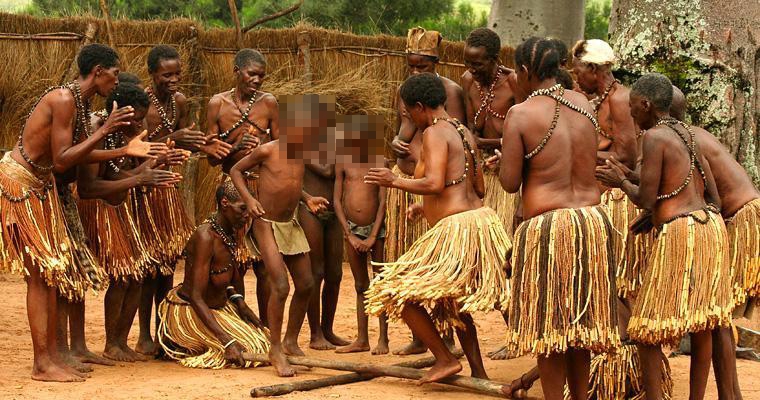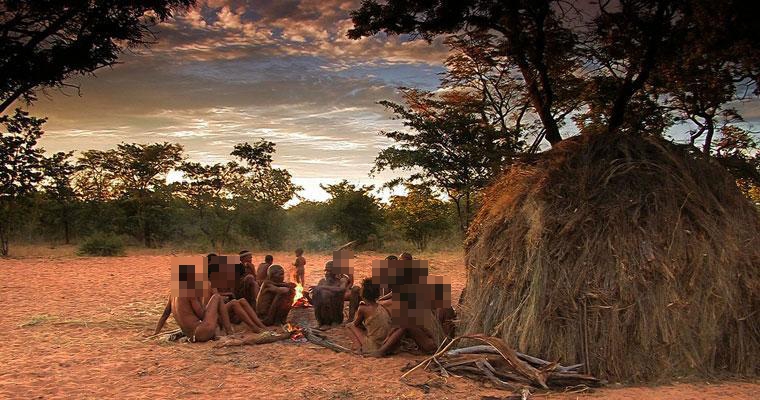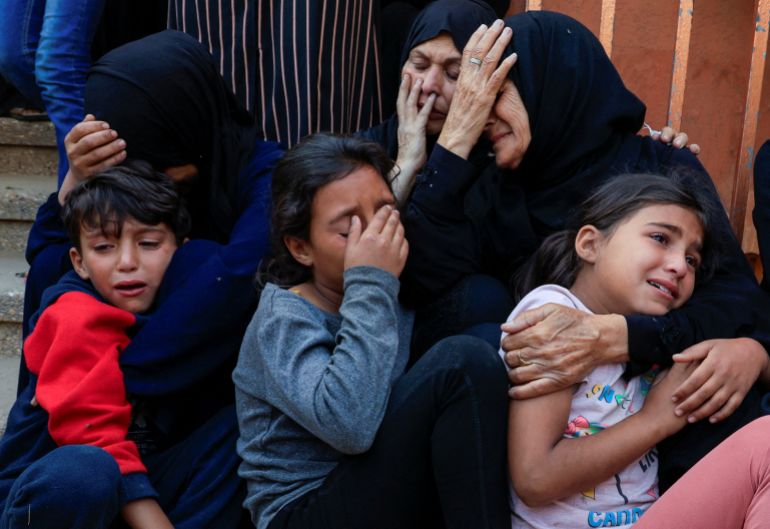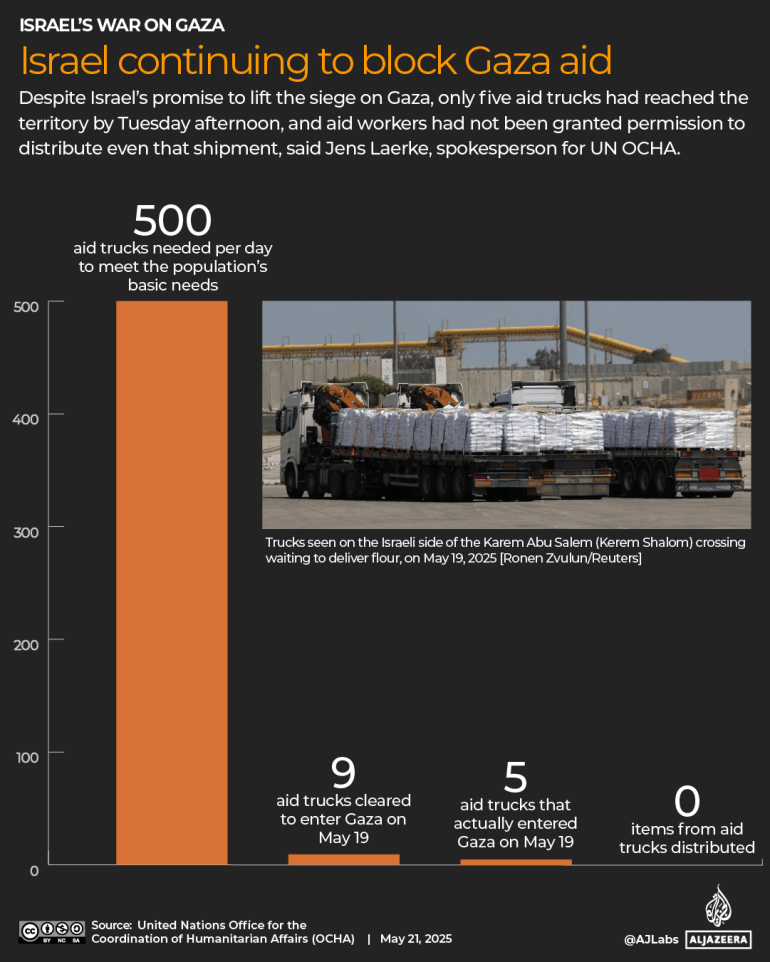Boko Haram Intensifies Attacks in Cameroon Amid Resurgence in Lake Chad Region
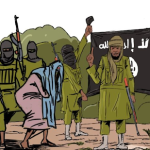
A Cameroonian soldier was killed and three others were wounded during a two-night attack by Boko Haram terrorists from 19 to 20 May. The assault occurred in Kerawa, a locality on the border with Nigeria, within the Kolofata sub-division of the Mayo-Sava division in the Far North region.
A member of the local vigilante committee said the assailants, who came from Nigeria, targeted a Cameroonian military post. “After opening fire on the post, the assailants quickly fled towards the Nigeria-Cameroon border,” he stated.
The recent attack highlights an alarming trend, as Boko Haram terrorists have become more aggressive since March, utilising previously unseen sophisticated weaponry during their operations. Notably, one major incident occurred on the night of March 24 to 25, 2025, in Wulgo, in the Logone-et-Chari division, where 12 Cameroonian soldiers lost their lives.
This week’s deadly assault serves as a reminder that, despite claims of a retreat by the terrorists, the threat they pose remains constant within the Lake Chad Basin. Even with strong responses from the Cameroonian army, Boko Haram continues to conduct violent operations, instilling fear and destabilising the border areas with Nigeria. This comes despite repeated assertions from the military that they have broken the back of Boko Haram in the region.
As part of its intensified violent campaign, Boko Haram/ISWAP increased the deployment of improvised explosive devices (IEDs) along critical highways in the Lake Chad region, especially in Nigeria. Over the past month, numerous IED detonations occurred, resulting in casualties among both civilians and security forces.
Recent developments have seen two significant bridges – one in the Gujiba local government area of Yobe State and the other in the Biu local government area of Borno State – damaged by IED blasts attributed to the terrorist group. These incidents have significantly disrupted mobility, making entire routes perilous and putting commuters at heightened risk of attacks, particularly in resettled communities that are already unstable.
The destruction of these essential infrastructures also threatens humanitarian efforts and the region’s economic stability. Human rights groups, humanitarian organisations, and local media have cautioned for months that resettling populations without adequate security measures may expose them to reprisals and further displacement.
A Cameroonian soldier was killed and three others wounded in an attack by Boko Haram in Kerawa, on the Nigeria-Cameroon border, from May 19 to 20.
The attackers from Nigeria targeted a military post and have intensified their aggression since March, employing sophisticated weapons, as seen in a previous attack in Wulgo where 12 soldiers were killed.
Despite military claims of diminishing the Boko Haram threat, the group continues to conduct violent operations, causing fear and destabilizing border areas within the Lake Chad Basin. The use of IEDs by the group on highways in Nigeria has caused numerous casualties and endangered resettled communities.
Two major bridges in Yobe and Borno States have been damaged by IEDs, severely affecting mobility and endangering commuters. These disruptions also pose risks to humanitarian efforts and economic stability, highlighting the need for adequate security measures to protect resettled populations from further harm.

